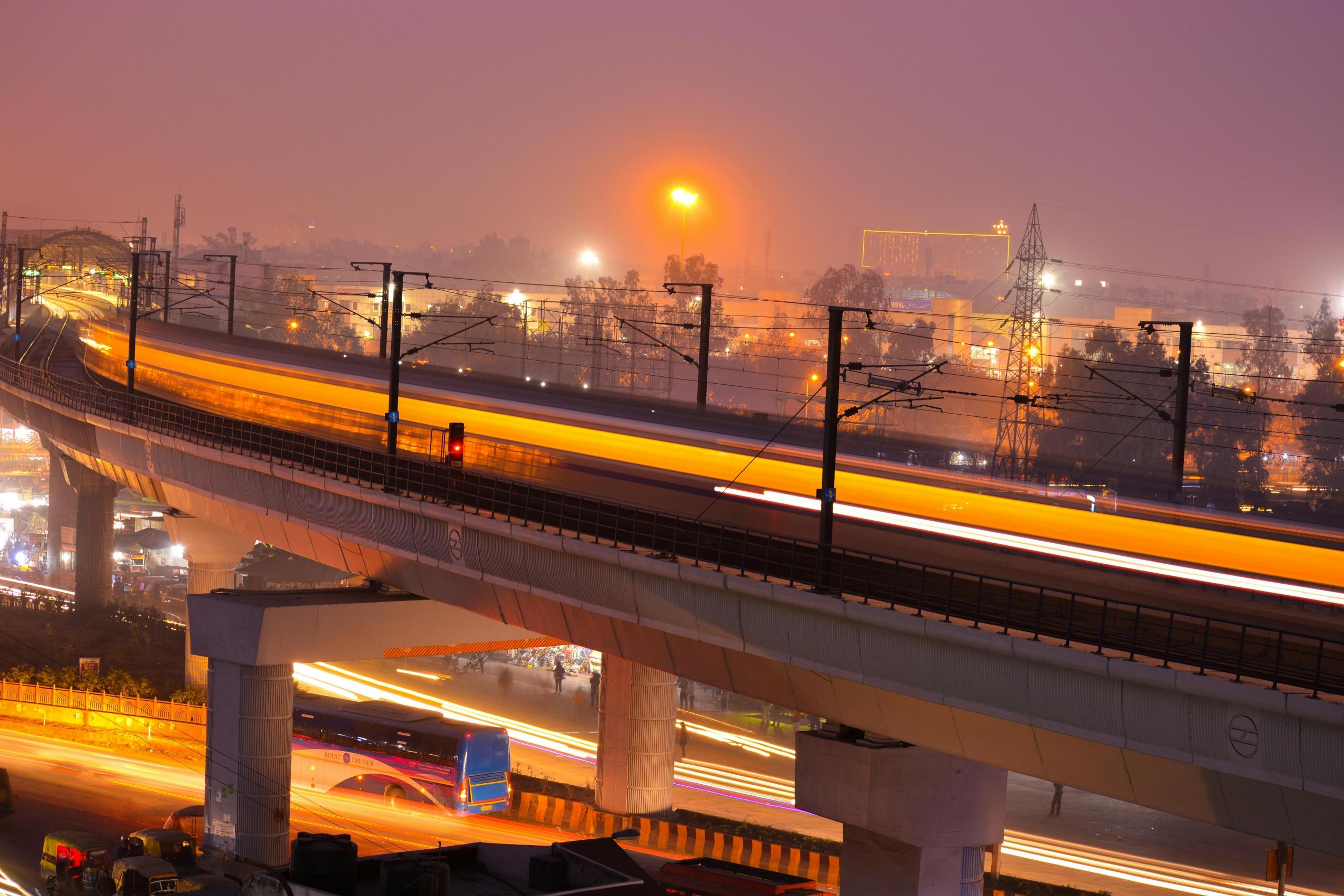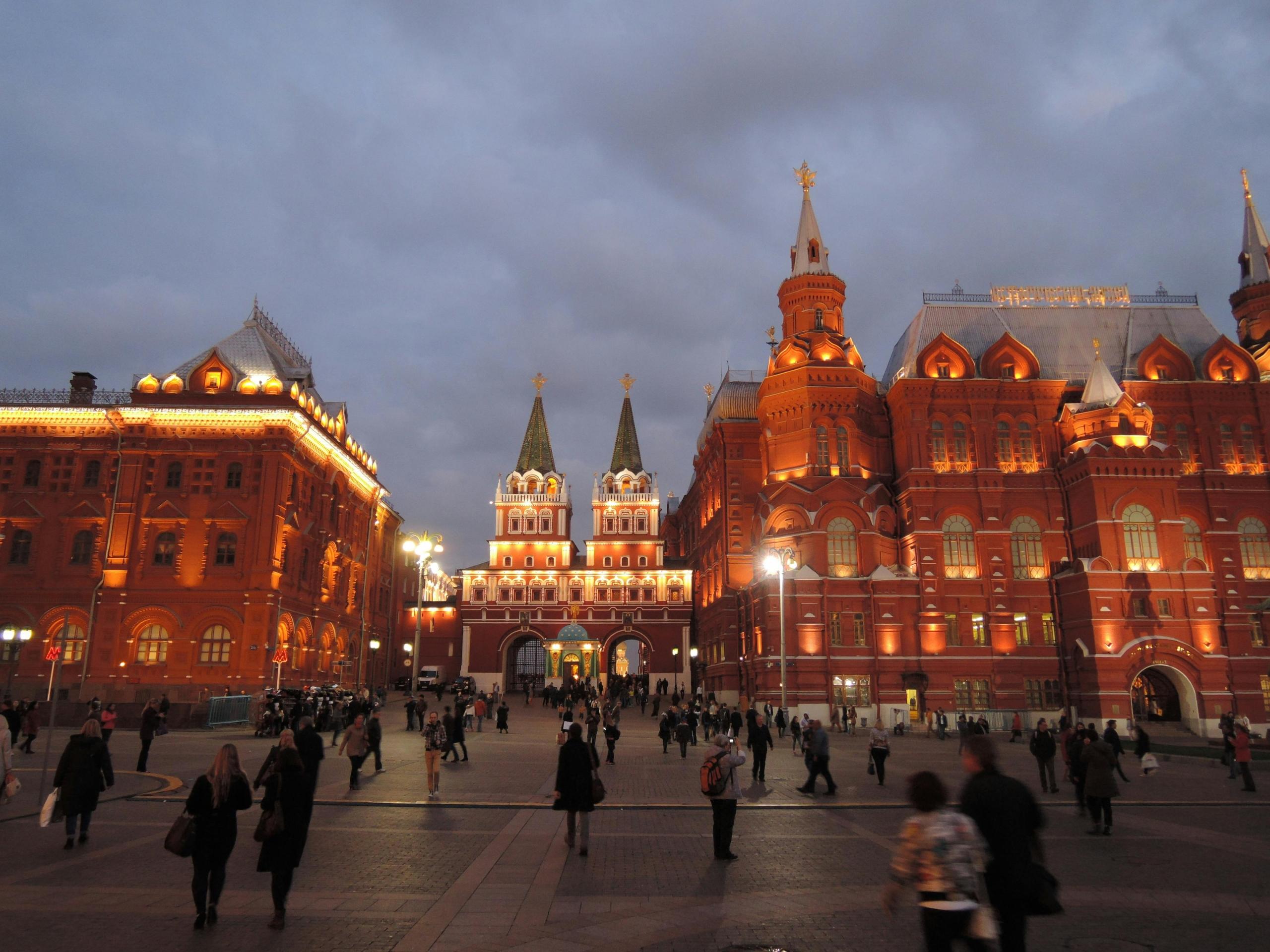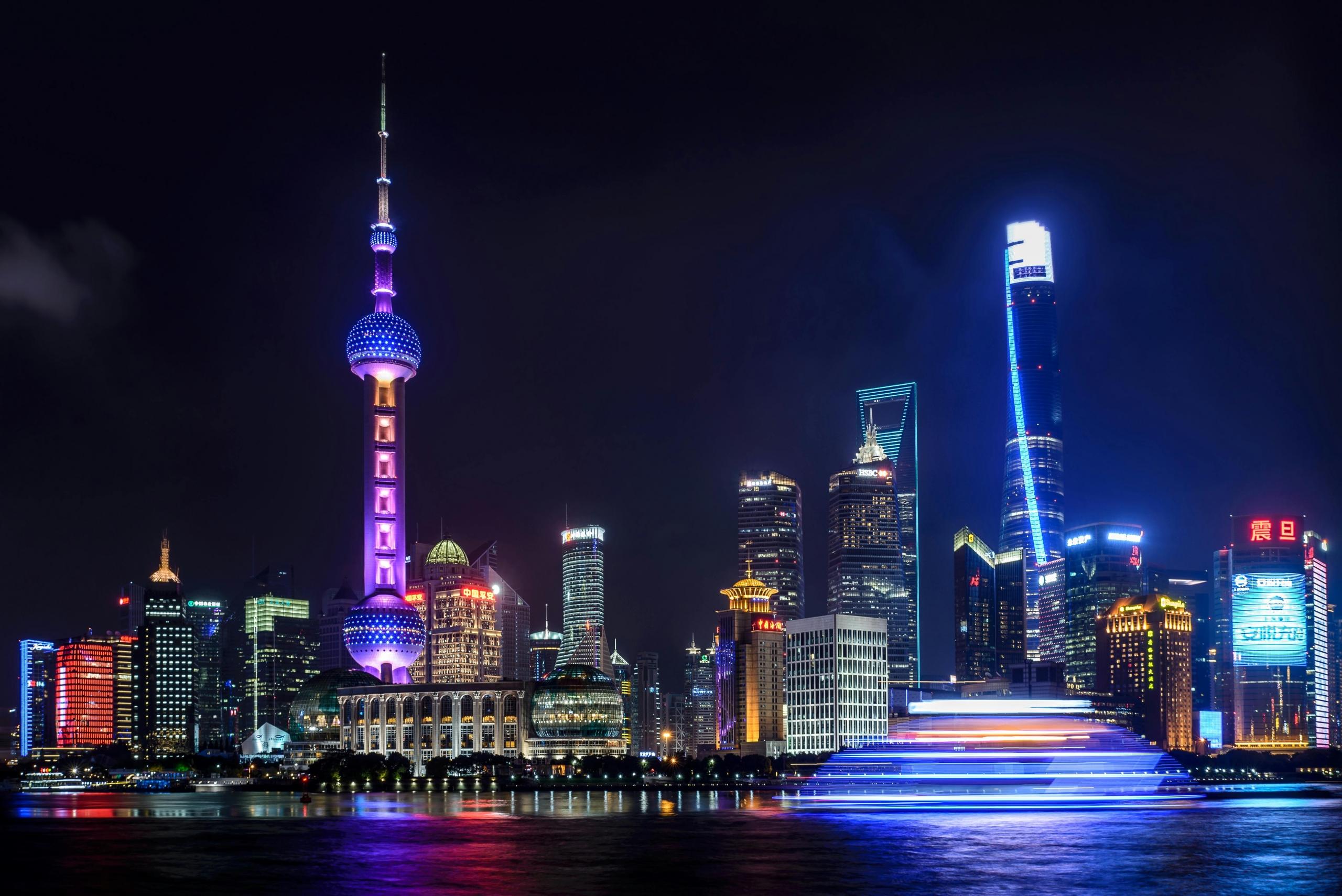When discussing international finance and economics, familiar names like the World Bank and the International Monetary Fund often come to mind. However, there is a significant shift in the global economic landscape that demands our attention: the emergence of the BRICS Development Bank. This relatively new financial and economic entity, comprising Brazil, Russia, India, China, and South Africa, has rapidly gained prominence and posed a potential challenge to the established order.
In this article, we will explore the origins, philosophies, and implications of the BRICS Development Bank, delving into its historical context and its potential impact on the World Bank.

What is the Purpose of the BRICS Bank?
The New Development Bank (NDB) is a significant outcome of the BRICS collaboration. Established with an initial authorised capital of $100 billion, the NDB aims to support public and private proposals through loans, guarantees, and equity participation.
Its primary purpose is to fund infrastructure and sustainable development programmes in BRICS and other emerging market economies and developing countries. The bank has regional offices in South Africa, Brazil, India, and Russia, reflecting its commitment to providing support across different regions. The NDB's milestones include issuing its first green financial bond and receiving credit ratings from S&P and Fitch. Notably, in response to worldwide crises such as the Russia-Ukraine War and the COVID-19 pandemic, the NDB has adapted by establishing an Emergency Assistance Facility to provide support where it is most needed.
The creation of the NDB was proposed by India in 2012 and subsequently agreed upon by BRICS leaders in 2013, with the legal basis established in 2014. This underlines the collaborative nature of the bank, with each member state playing a pivotal role in its establishment and ongoing operations. By focusing on financing programs and innovating tailored solutions, the NDB aims to contribute to building a more inclusive, resilient, and feasible future for the planet. This aligns with the broader goals of sustainable development and fiscal progress shared by the BRICS union.
The NDB's ability to provide financial assistance for key projects within BRICS and other developing communities is crucial for driving fiscal growth and addressing infrastructure needs. Moreover, its emphasis on sustainability and inclusivity underscores a commitment to long-term positive impact. As the NDB continues to evolve, it will likely play a pivotal role in supporting vital proposals that contribute to the development and well-being of communities within the partnership and beyond.

Exploring the BRICS Countries
To understand the significance of the BRICS Development Bank, it is essential to explore the historical and cultural contexts of its member communities. Each nation within the BRICS alliance shares a painful past characterised by colonisation and oppression.
While we may be familiar with the histories of South Africa and India, it is equally important to understand the cultural memories of the other three countries: China, Brazil, and Russia.
China's History and the Boxer Rebellion
China has a complex history intertwined with Western powers, most notably through events such as the Opium Wars and the occupation of Hong Kong. Various European nations, including the United States, Germany, France, Russia, and Britain, played a part in colonising different regions of China, exploiting its lands and resources. T
he Chinese people, outraged by foreign dominance, rose up in the Boxer Rebellion, a widespread uprising against the Eight-Nation Alliance. This alliance demanded financial compensation and the right to occupy Chinese lands. However, the tides shifted after the World Wars, and China closed itself off until 1978, maintaining its independence and sovereignty.
Brazil: From Portuguese Colonisation to Independence
Brazil's history is marked by Portuguese colonisation, which began in 1532 and lasted for nearly 300 years. The Portuguese exploited Brazil's resources, particularly sugar, and imported millions of African slaves to work in the cane fields.
As the sugar industry declined, gold discoveries reinvigorated Brazil's economy. However, tensions between ruling factions led to the Brazilian War of Independence, resulting in Portugal recognising Brazil as an independent nation in 1825.
Russia: A History of Turmoil and Containment
Russia's history is characterised by conflicts, civil wars, and foreign invasions.
After suffering territorial losses and financial upheaval following the Treaty of Brest-Litovsk in 1918, Russia embraced communism and formed the Soviet Union. Western powers implemented containment strategies to counter the spread of communism, leading to economic shocks in Russia.
The subsequent collapse of the Soviet Union further destabilised the Russian economy. The entry of Russia into the global economy was accompanied by conditions imposed by the World Bank and International Monetary Fund, resulting in an imbalance of power and representation.
The Formation of the BRICS Alliance

The BRICS union, with their shared histories of colonisation and oppression, were unlikely to align themselves with existing financial and fiscal systems dominated by Western powers. They sought a different path to financial progress, one that would protect their sovereignty and foster mutually beneficial partnerships. The BRICS Development Bank emerged as an alternative to the World Bank and IMF, offering a platform for these communities to collaborate and invest in infrastructure plans.
Challenging the Status Quo
The BRICS nations' reluctance to fully embrace the World Bank and International Monetary Fund can be attributed to a history of containment strategies and economic exploitation by Western powers. These communities have been subjected to financial shocks as part of the "Shock Therapy" condition imposed by the World Bank and IMF.
This approach aims to transform economies rapidly by selling off state assets and inviting foreign investment. However, the BRICS union, having experienced the negative consequences of such policies, decided to chart their own course with the BRICS Development Bank.
A Different Approach to Development
The BRICS Development Bank offers an alternative approach to expand financing, focusing on long-term loans and infrastructure projects. Unlike the World Bank and IMF, the BRICS Development Bank aims to provide financial and human capital assistance to disadvantaged countries, particularly in Africa.
Their investments and stimulus initiatives have proven successful, attracting interest not only from African land but also from countries that have been marginalised by Western powers. The BRICS nations' emphasis on sovereignty and the rejection of external control resonates with many societies seeking financial independence.
Shared Philosophies and Values
The BRICS members share common philosophies and values that underpin their initiatives, including the Development Bank. President Xi Jinping of China proposed a Global Civilization Initiative, emphasising the importance of peace, development, equity, and justice.
Democracy and freedom are seen as universal aspirations, and nations should be sovereign in deciding their path to development. These values align with the vision and serve as the foundation for their collaborative efforts. Despite occasional tensions and differences among member countries, the BRICS Development Bank operates on the principle of equal contribution and joint approval.
Looking Towards the Future
As the BRICS Development Bank continues to grow and gain influence, it offers an alternative model to traditional global governance institutions. Its success in supporting infrastructure schemes in Africa and attracting interest from marginalised societies demonstrates the viability of its approach. While the World Bank and International Monetary Fund have played crucial roles in global fiscal development, the BRICS desire for economic autonomy and self-determination has led them to forge their own path. It remains to be seen how the new Development Bank will shape the future of international finance and economics, but its emergence marks a significant shift in the worldwide financial landscape.
In a recent briefing, the President of the New Development Bank, K.V. Kamath said that the bank was committed to funding programs that promote assertable growth and address the challenges faced by developing countries. He emphasised that the bank would prioritise projects that have a positive impact on the environment and create jobs.
The New Development Bank has already funded several proposals in member countries, including a solar power project in China and a renewable energy project in South Africa. The bank has also provided loans to non-member countries such as Brazil and India. The bank's lending portfolio is expected to expand in the coming years as it seeks to fund more infrastructure projects in developing nations.
The creation of the New Development Bank is seen as a significant milestone for the BRICS group. It has given these countries a greater say in global economic governance and has provided them with an alternative source of financing for infrastructure projects. The bank's focus on sustainable development and job creation is also in line with the United Nations' Sustainable Development Goals.















